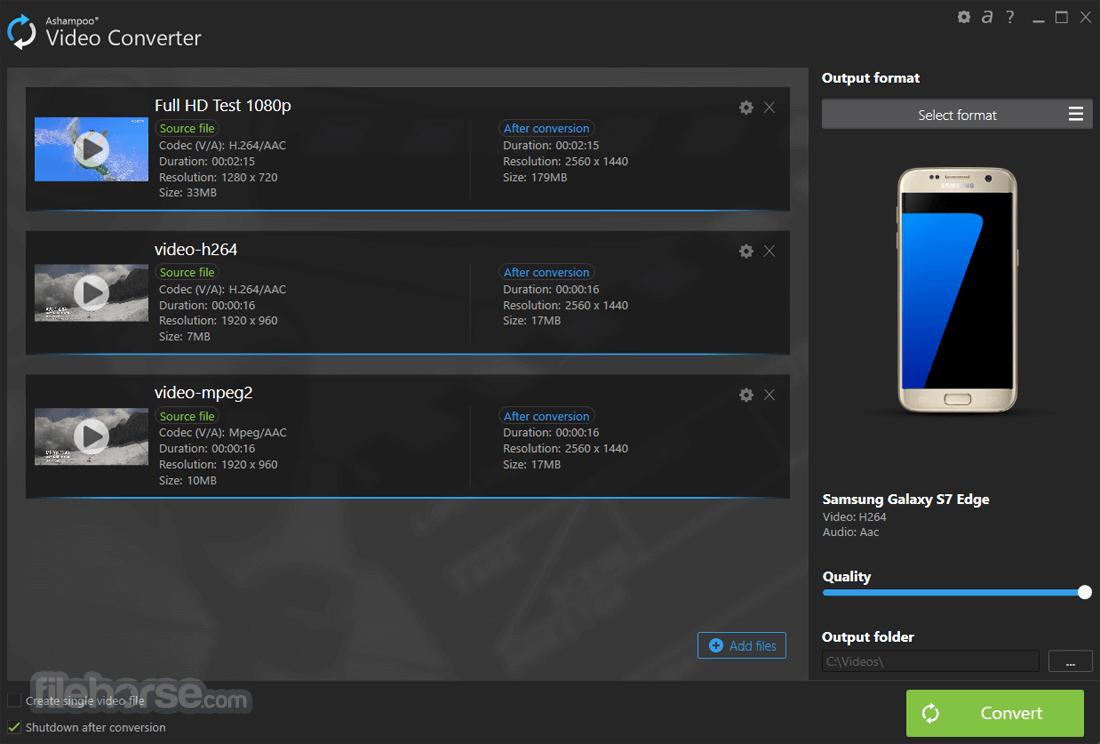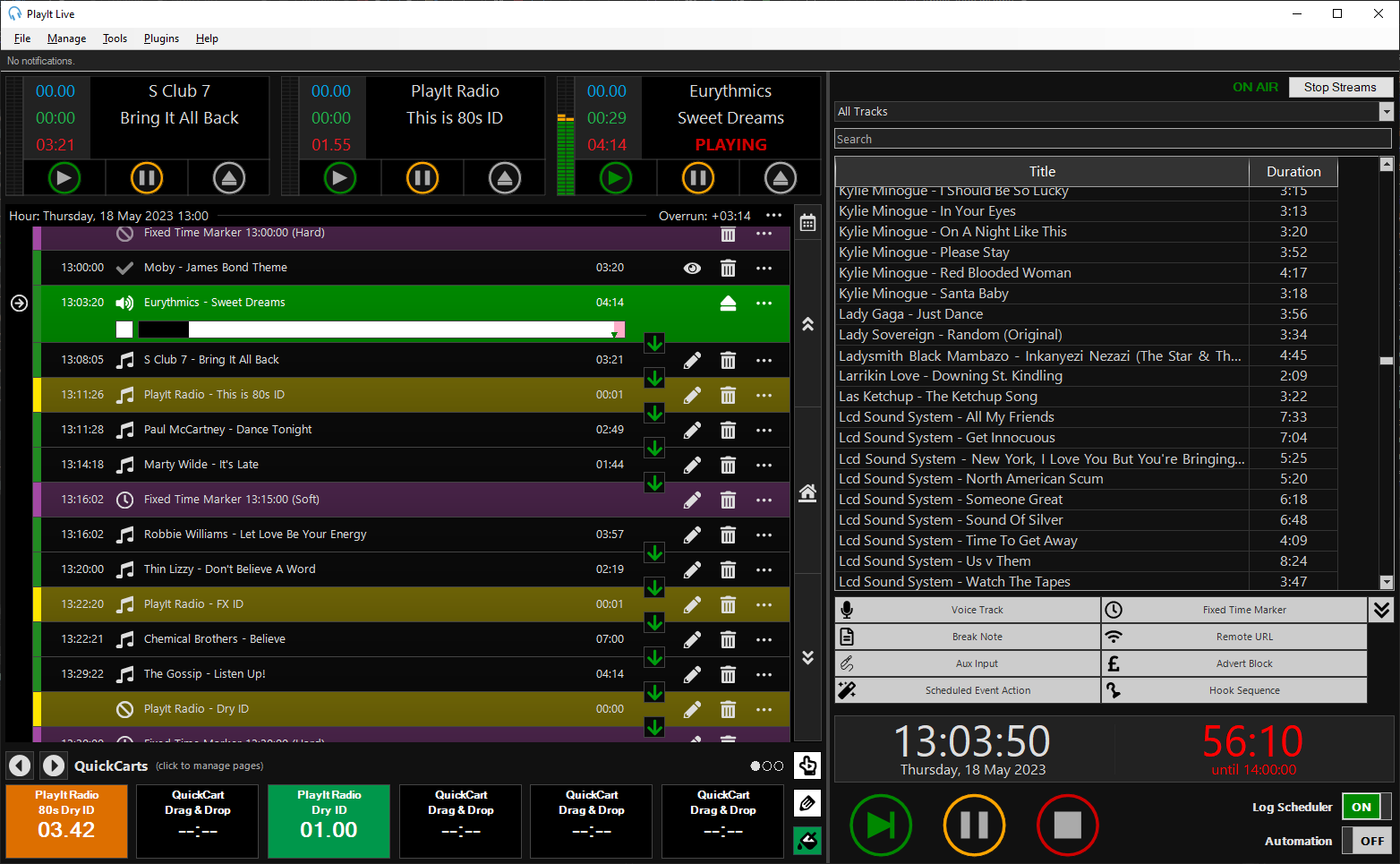

It represents the index from the related src.mp4 or src.webm array. This setting tells the player which MP4/WebM bitrate to select when player loads. Here we pass our MP4 streaming sources - we can pass different renditions at various quality // We may also provide WebM sources as a fallback for devices where H264/AAC in MP4 is not supported In this example we use a combination of MP4/WebM for on-demand video: Supported environmentsĬompatibility table for a list of environments where progressive download is supported with Radiant Media Player. There will be no automatic adaptation logic between those files with progressive download - it is up to the viewer to opt for a specific rendition.
#Download player for mp4 video manual#
When multiple MP4/WebM files are provided to the player it will display a manual rendition Generally available features like video ads, JavaScript API or playback rate changes are also supported with progressive download to Radiant Media Player. In order to maximise compatibility across devices it is recommended toĪnd a WebM rendition for your media to the player where possible. Progressive download is only available for on-demand media content delivery. When using progressive download the fetching of media content is completely left to the browser. That being said progressive download remains a widely used method of delivering media content to web environments so Radiant Media Player fully supports this method of delivery. Whenever possible we recommend using an adaptive streaming technology (HLS or DASH) over progressive download as an adaptive streaming technology will provide more playback options, save bandwidth and offer an overall better viewing experienceįor your audience.


Radiant Media Player supports progressive download in MP4 (H.264/AAC or H.265/AAC) & WebM formats (VP8/VP9 video with Vorbis/Opus audio) to HTML5 video and M4A (AAC), MP3 or OGG (Vorbis/Opus) formats to HTML5 audio.


 0 kommentar(er)
0 kommentar(er)
